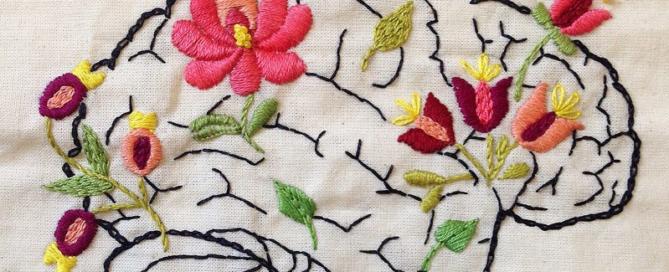Scientists Just Found The Neurological Link Between Poor Sleep And Depression
Research has long associated poor sleep with an increased risk of depression, but scientists have just identified the neural mechanism responsible for this link – a discovery that could lead to better treatments in the future. Researchers found a strong connection between the dorsolateral prefrontal cortex (responsible for short-term memory), the precuneus (linked with ideas [...]




